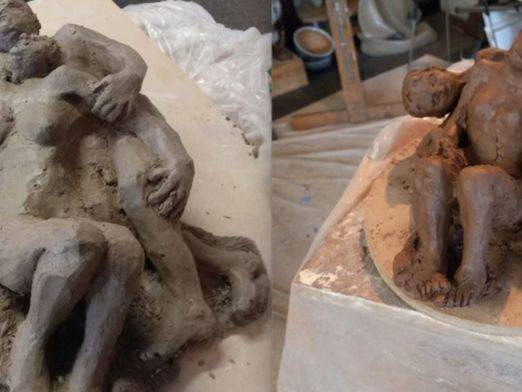Thankfulness During Covid
According to experts, setting aside time to focus on gratitude is important now more than ever. As many older adults prepare to spend the holiday alone, here are some tips on both why and how to cultivate it—despite, and because of, the circumstances.

The season of Thanksgiving is typically a time when Americans reflect on all we’re grateful for. We sit around a table with family, look back on the year, and give thanks for what it’s brought us. This year, of course, it won’t be quite the same. Not only will many families choose not to gather, but giving thanks may feel difficult or even impossible given all that we have lost. However, according to experts, setting aside time to focus on gratitude is more important now than ever. As many older adults prepare to spend the holiday alone, here are some tips on both why and how to cultivate it—despite, and because of, the circumstances.
For one, the science on gratitude’s benefits is pretty compelling. “It is precisely under crisis conditions when we have the most to gain by a grateful perspective on life,” says psychologist and gratitude expert Robert Emmons, in an essay adapted from one of his books. His research suggests that gratitude is a powerful tool for coping with anxiety and stress, and also improves alertness, enthusiasm, determination, and energy. Moreover, clinical trials by the American Heart Association suggest that practicing gratitude improves immune function—making it particularly important as the pandemic persists.
When we look to the holiday’s history, we find it suggests that Thanksgiving is actually a day about getting through hard times as much as it is a day about gratitude. The first Thanksgiving followed a grueling winter for the pilgrims; it was designated a national holiday in the middle of the Civil War; and it was moved to its current date in the aftermath of the Great Depression. The moments Thanksgiving has come into focus have been moments in which communities have faced famine, war, and hopelessness collectively.
But how does one go about feeling grateful when times are genuinely tough? Doesn’t gratitude feel a little disingenuous—perhaps even a bit toxic—in the midst of so much hardship?
Emmons argues that it is important to make a distinction between “feeling” grateful and simply “being grateful.” A grateful attitude does not mean denying or repressing negativity, he says. Even when we don’t “feel” grateful, we can still choose to “be” grateful: to intentionally dwell on the big picture rather than fixate on temporary circumstances, and to focus our attention on the silver linings. In other words, gratitude can be a practice rather than a mood.
Two expert-recommended practices for cultivating gratitude during the pandemic include keeping a gratitude journal and contrasting the present moment to low points in the past.
Setting aside time each day to jot down a few moments or aspects of the day that you appreciate is a short and simple exercise. With time, however, it trains us to take less for granted and to be more mindful of the good in our lives than the bad.
Alternatively, thinking back to hard moments in the past and trying to recall vividly what it felt like to experience and then overcome them can sometimes put present hardship in perspective. For older adults, this latter practice may be especially useful; having lived through many more ups and downs both as individuals and as a generation, older adults have more material to compare to this moment so as to put it into perspective.
How will you be spending the holiday? How do you plan to incorporate gratitude despite the unusual circumstances? Let us know what you think in the comments below.
Image Credit: Alicia Bruce, 2018.














There are no comments for this article yet. Be the first to leave a comment